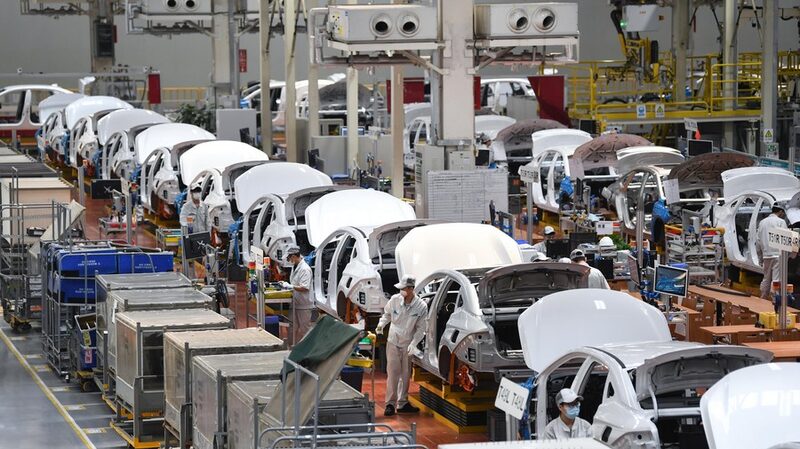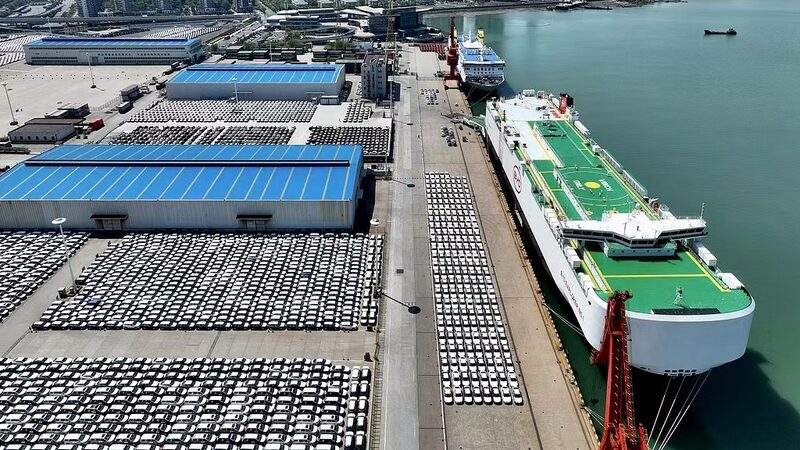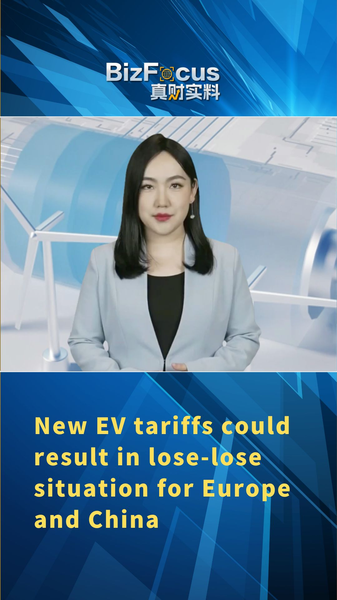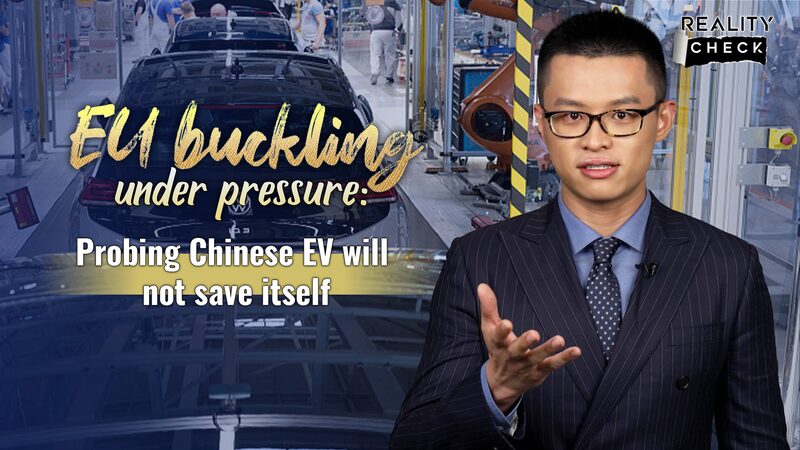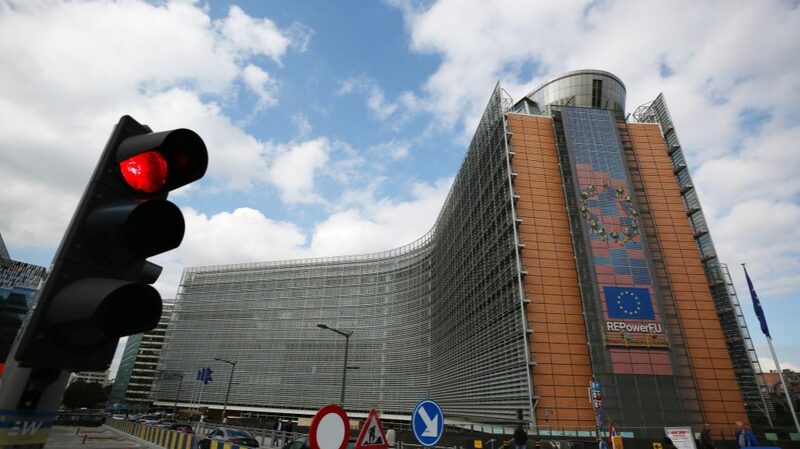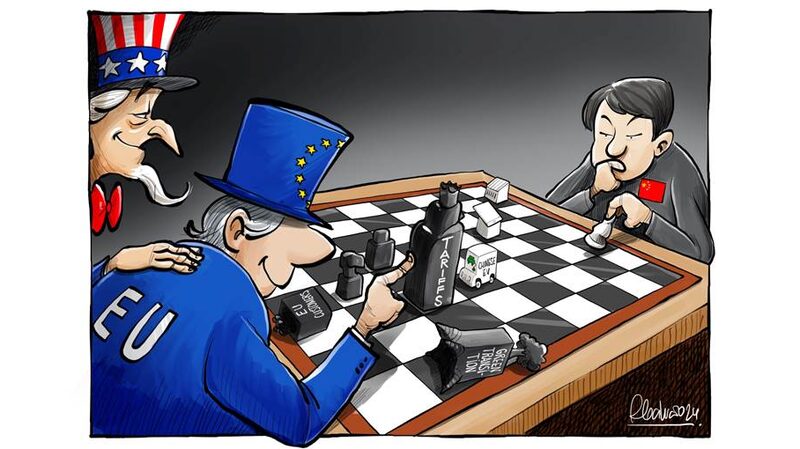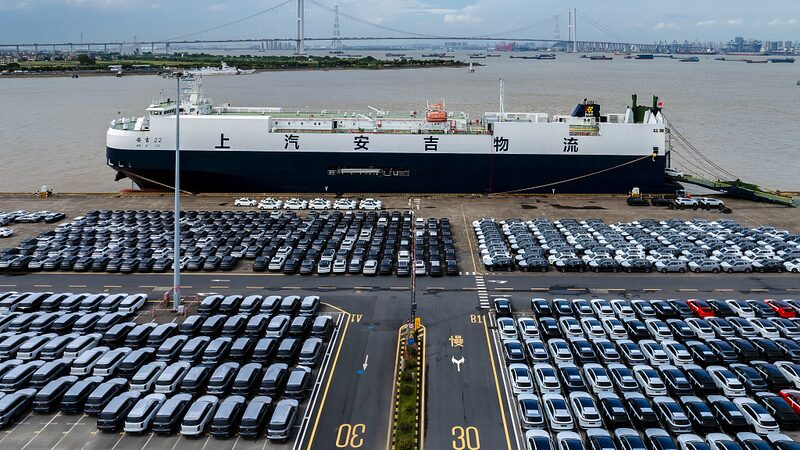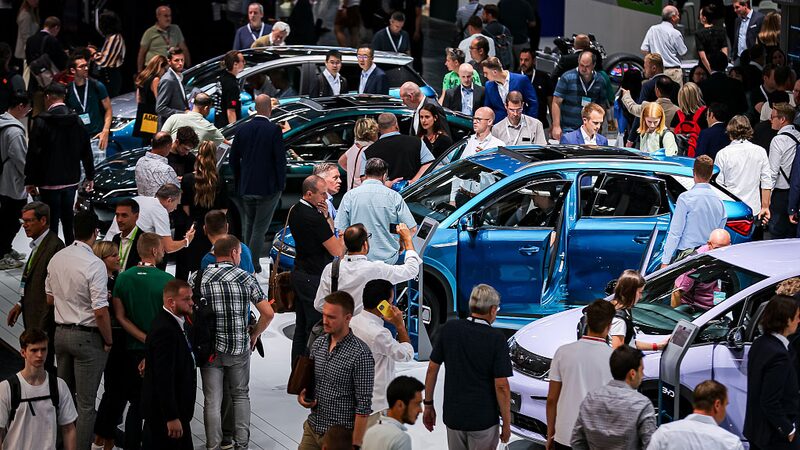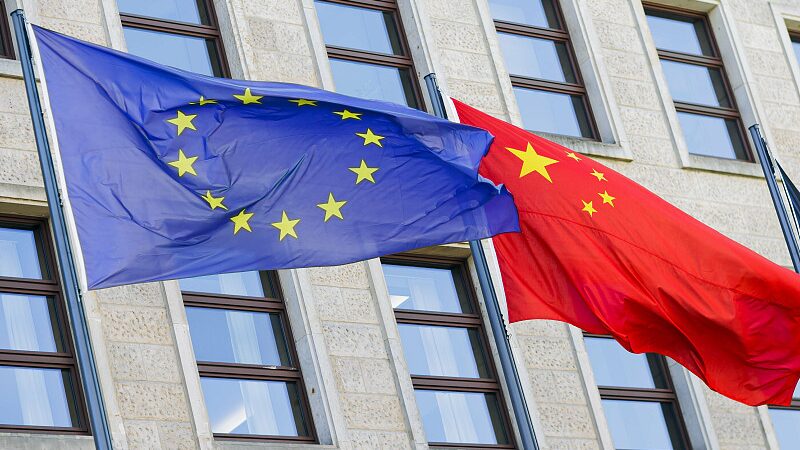The European Commission has recently initiated an anti-subsidy investigation into electric vehicles (EVs) imported from China. This move aims to determine whether to impose punitive tariffs on Chinese EVs, which are considered to be “cheaper” due to alleged state subsidies keeping their prices artificially low.
In her annual address to the European Parliament, President of the European Commission Ursula von der Leyen stated, “Global markets are now flooded with cheaper electric cars. And their price is kept artificially low by huge state subsidies.” The decision is purportedly made to protect European automakers from unfair competition.
However, many in Brussels view this action as unorthodox, with some suggesting it could be a political maneuver by von der Leyen ahead of potential reappointment for a second term as President of the European Commission.
China has strongly denounced the investigation. The Chinese Ministry of Commerce stated, “China believes the investigative measures proposed by the European Union are in reality to protect its own industry in the name of ‘fair competition’.” The ministry warned that the decision could “seriously disrupt and distort the global automotive industry and supply chain, including the EU, and will have a negative impact on China-EU economic and trade relations.”
The underlying drivers behind the EU’s decision appear to stem from Europe’s challenges in competing with China’s rapidly advancing EV industry. Chinese manufacturers have gained strong price advantages due to low-cost production, leading to increased competitiveness in global markets. European carmakers have expressed concerns, viewing the competition with Chinese EV makers as “a fight on their hands,” and are striving to regain their position in developing affordable, consumer-friendly models.
This situation reflects broader tensions in global trade, where protectionist measures are increasingly employed. The outcome of the EU’s investigation could have significant implications for the global EV market, international trade relations, and the future of sustainable transportation.
Reference(s):
What drives EU's alleged anti-subsidy probe into Chinese EVs
cgtn.com
